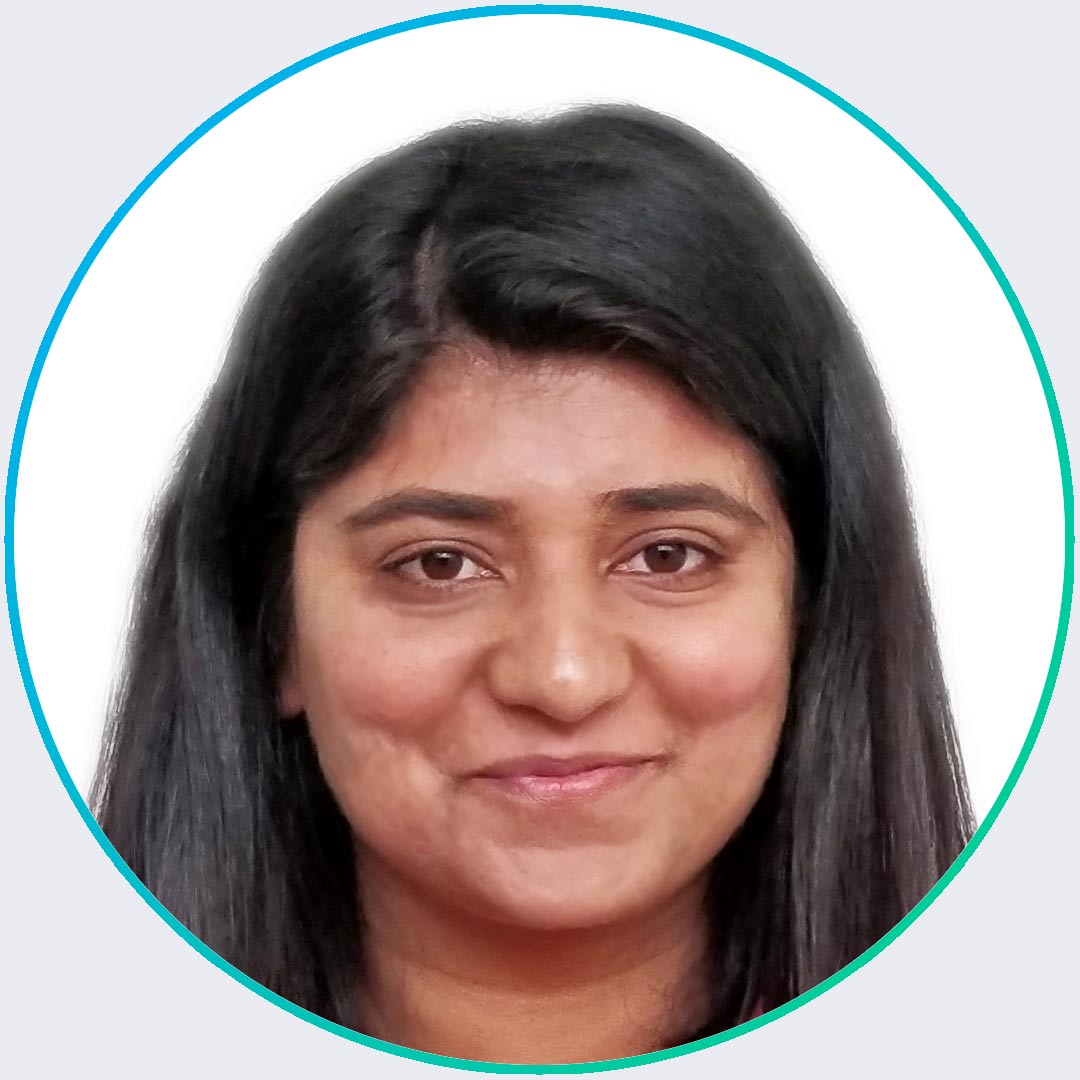
Image Credit: The Indian Express
India Has Turned Into 'Electoral Autocracy', Worse Than Bangladesh, Nepal: Swedish Institute Report
Writer: Navya Singh
Navya writes and speaks about matters that often do not come out or doesn’t see daylight. Defense and economy of the country is of special interest to her and a lot of her content revolves around that.
India, 11 March 2021 9:01 AM GMT
Editor : Shweta Kothari |
A broadcast turned digital journalist, Shweta Kothari heads the newsroom at The Logical Indian. She has previously worked with CNBC and NewsX as a news anchor and senior correspondent. Shweta holds a masters degree in journalism from the university of Sussex, UK and started her career with work placement with BBC in Scotland.
Creatives : Rajath
A free spirit who find meaning in life with the virtue of creativity and doing job par its excellence, animal lover and traveller by heart.
The research institute, in its report, said that the government has restrained civil society and violated the Constitution’s commitment to secularism.
India has turned into an "electoral autocracy" and after Narendra Modi became the prime minister, censorship efforts have become routine, a report by Sweden-based Varieties of Democracy (V-Dem) Institute said.
Last year, the institute, which measures democracy, had said that the Bharatiya Janata Party (BJP) closely resembles a "typical governing party in an autocracy".
"India's autocratization process has largely followed the typical pattern for countries in the 'Third Wave' over the past ten years: a gradual deterioration where freedom of the media, academia, and civil society were curtailed first and to the greatest extent," the report said.
"India is, in this aspect, now as autocratic as is Pakistan, and worse than both its neighbours Bangladesh and Nepal," it said.
The report was released on Wednesday, March 10, in the presence of Sweden's Deputy Foreign Minister Robert Rydberg.
Last year, India was classified as highly uncertain, however, this year, the country is classified as an "electoral autocracy".
The report also pointed out that the previous government in India rarely used censorship.
"In general, the Modi-led government in India has used laws on sedition, defamation, and counterterrorism to silence critics. For example, over 7,000 people have been charged with sedition after the BJP assumed power and most of the accused are critics of the ruling party," the report said.
The research institute, in its report, said that the government has restrained civil society and violated the Constitution's commitment to secularism.
"The BJP has increasingly used the Foreign Contributions Regulation Act (FCRA) to restrict the entry, exit and functioning of civil society organisations," it said.
It also claimed that the Unlawful Activities (Prevention) Act (UAPA) was being used to "harass, intimidate, and imprison political opponents" as well as against people critical of the government's policies.
"The UAPA has been used also to silence dissent in academia," it said. "Universities and authorities have also punished students and activists in universities engaging in protests against the Citizenship Amendment Act."
The researchers analysed data and noticed a "striking pattern" of how autocratisation unfolds.
"First, seek to restrict and control the media while curbing academia and civil society," it said. "Then couple these with disrespect for political opponents to feed polarisation while using the machinery of the government to spread disinformation. Only when you have come far enough on these fronts is it time for an attack on democracy's core: elections and other formal institutions."
The report revealed that over the last decade, the number of democratizing countries fell by almost half to 16. Besides India, other G20 countries such as Brazil and Turkey were among the top 10 decliners, it said.
Last week, India's status on Freedom House's report on political rights and civil liberties was reduced to "partly free" in the United States government-funded non-governmental organisation's annual Freedom in the World rankings.
"Political rights and civil liberties in the country have deteriorated since Narendra Modi became prime minister in 2014, with increased pressure on human rights organizations, rising intimidation of academics and journalists, and a spate of bigoted attacks, including lynchings, aimed at Muslims," the report read.
"The decline only accelerated after Modi's reelection in 2019."
Also Read: India Downgraded From 'Free' To 'Partly Free' In Global Democracy Report
 All section
All section














